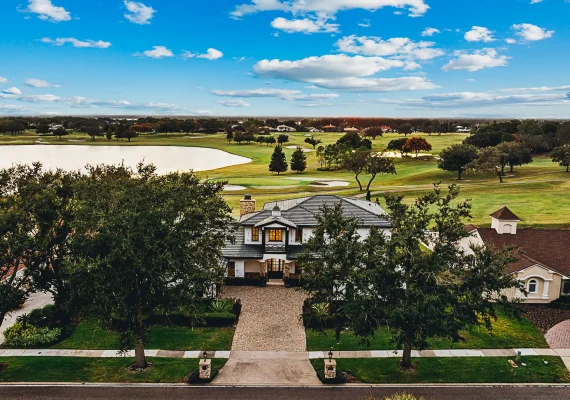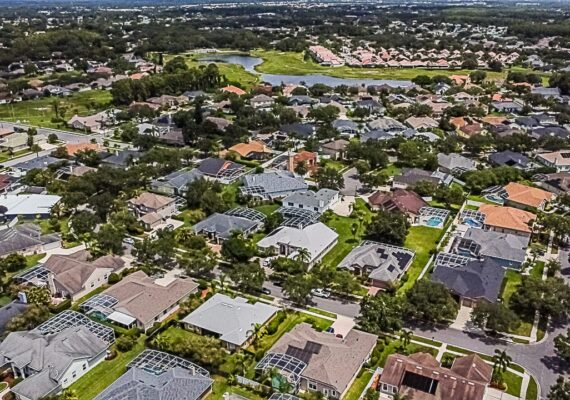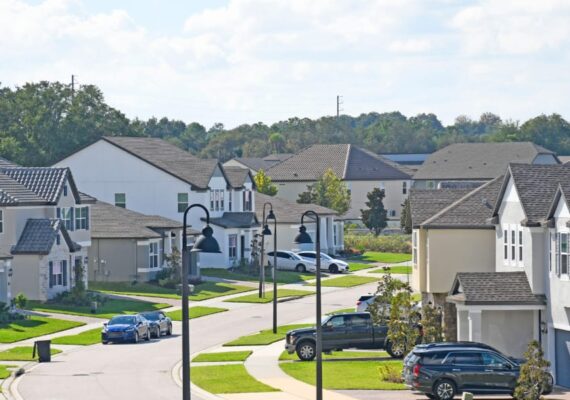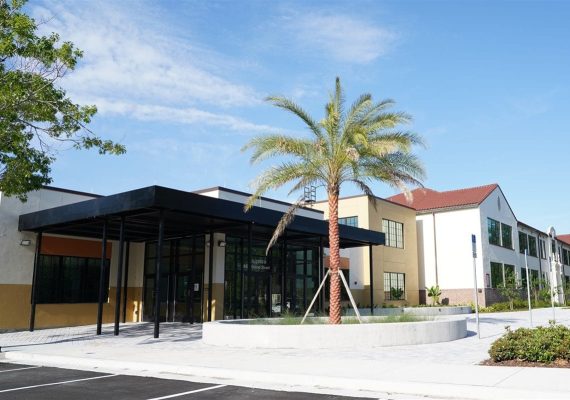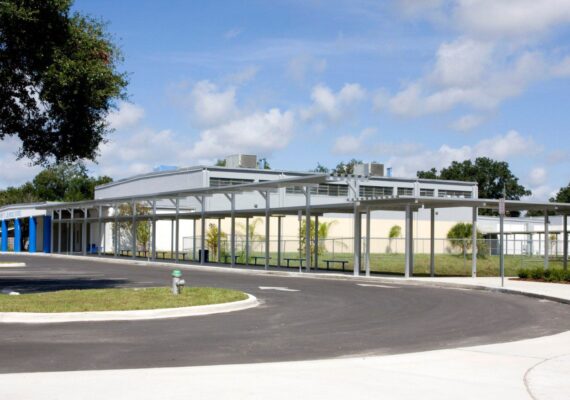Florida offers a wide range of real estate options for different buyer profiles. Whether you're an investor looking for a vacation rental or someone looking for a permanent residence, understanding the different real estate options is crucial to making an informed decision.
The different types of real estate in Florida – from single-family homes the condominiums – have advantages and disadvantages that may align with your specific needs.
In this article, we'll explore the main types of real estate available in Florida, analyzing the benefits and drawbacks of each.
1. Single-Family Homes
To the single-family homes, or single-family homes, are freestanding homes, usually located on private lots and not sharing walls with other properties. They are one of the most popular choices among families and investors seeking greater privacy and space.
Advantages:
- More privacy: With no neighbors sharing walls, these homes offer more tranquility and space for the family.
- Greater appreciation: Generally, single-family homes have a greater potential for appreciation over time.
- Outdoor space: These houses usually have a yard or garden, which is very popular with families with children or pets.
- Flexibility: You have more freedom to customize the property, from the architecture to the decoration, without many condominium restrictions.
Disadvantages:
- Maintenance: Maintenance is entirely the owner's responsibility, which may incur additional costs.
- Higher initial cost: Single-family homes tend to be more expensive than other types of properties, such as townhomes or condominiums.
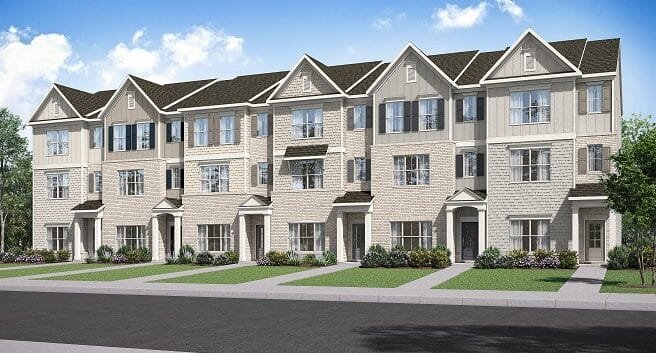
2. Types of real estate in Florida: Townhomes
To the townhomes These are semi-detached houses that share at least one wall with another property. They combine elements of a single-family home with some of the amenities of a condominium, such as common area management.
Advantages:
- Lower cost: Townhomes are generally more affordable compared to single-family homes.
- Less external maintenance: Maintenance of common areas, such as gardens and facades, is generally managed by the residents' association.
- Community: Because many townhomes are part of gated communities, they offer a more communal and secure environment.
Disadvantages:
- Less privacy: Since you share walls with your neighbors, privacy may be limited.
- Condominium rules: Just like in a condominium, there may be restrictions regarding renovations and modifications to the property.
I made a comparative analysis between Single-Family x Townhomes: Click here and disrespect who won.

3. Condominiums (Apartments)
You condominiums These are residential properties where the owners own the individual unit, but the common areas, such as swimming pools, gyms and parking lots, are shared with the other residents.
Advantages:
- Shared facilities: Many condominiums offer amenities such as swimming pools, gyms and leisure areas, without the need for the owner to worry about maintenance.
- Security: Most condominiums have doormen and security, which provides a greater sense of protection.
- Lower maintenance costs: Since the common areas are managed by the homeowners' association, maintaining the property as a whole is simpler and less costly for the owner.
Disadvantages:
- Less space and privacy: Unlike houses, condominiums offer less outdoor space and less privacy, as neighbors are in units close to or above/below yours.
- Condominium fees: Monthly condo fees can be high, especially in buildings with many amenities.

4. Single-Family Detached Homes
To the independent houses, known as Single-family detached homes, are homes that don't share walls with other properties, providing more privacy and autonomy. They're an excellent choice for those looking for a fully customizable property.
Advantages:
- Total privacy: Unlike townhomes and condominiums, here the space is completely yours, without sharing walls with neighbors.
- More appreciation: Detached homes tend to appreciate in value faster in high-demand areas.
Disadvantages:
- More expensive maintenance: Without the help of an association, all maintenance – including the yard, indoor and outdoor systems – is the responsibility of the homeowner.
Are you unsure between Condominiums and Independent Houses? Click here and see the pros and cons of each option.
Choosing the right type of property in Florida depends on your profile, budget, and goals.
If you're looking for space and privacy, single-family homes are an excellent choice.
On the other hand, if you want to reduce maintenance costs and benefit from shared amenities, condos and townhomes may be the best option.
Assess your needs and consider the long term to ensure your purchase is a solid investment.
Read also:
➡️ How to Choose the Best Condominium for Vacation Rentals – Understand which types of properties have the best profitability.
➡️ How to Earn Passive Income in Florida – Turn any type of property into a source of income.
Ready to learn more about the Orlando real estate market? Explore our complete guide for investors and get an in-depth view of all the stages, from choosing the property to closing the contract.
Stories of Conquest and Satisfaction








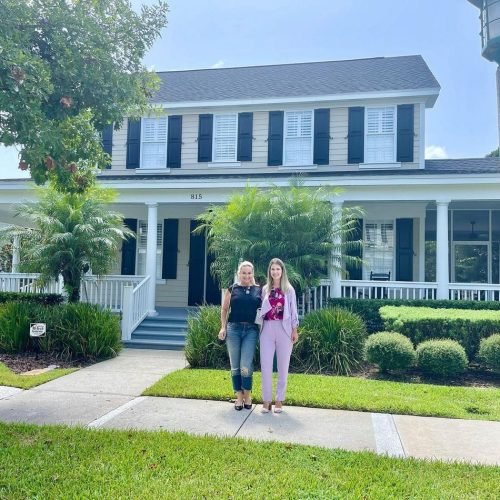









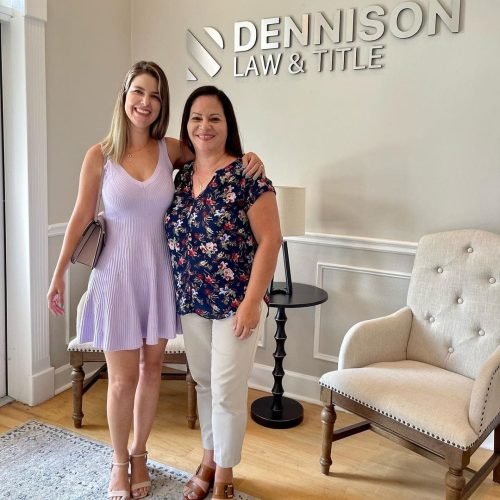







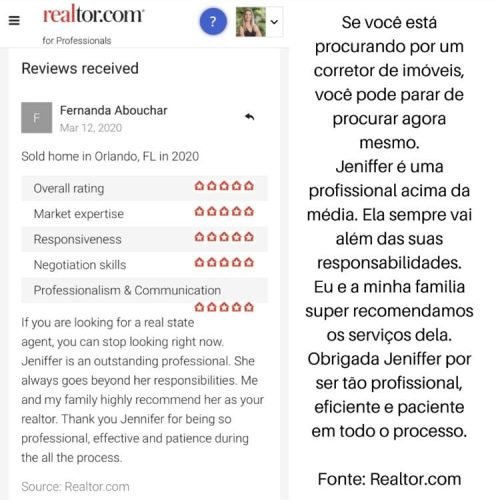






Complete Guide to Investing in Orlando Real Estate 2026
Celebration: The Dream Neighborhood in Florida
Winter Park Orlando: The Charm of Living in a Historic City
Lake Nona Orlando: The Future of Quality of Life and Innovation in Florida
Is investing in a vacation home in Orlando still worth it in 2025?
Investment in the United States Real Estate Market in 2025







